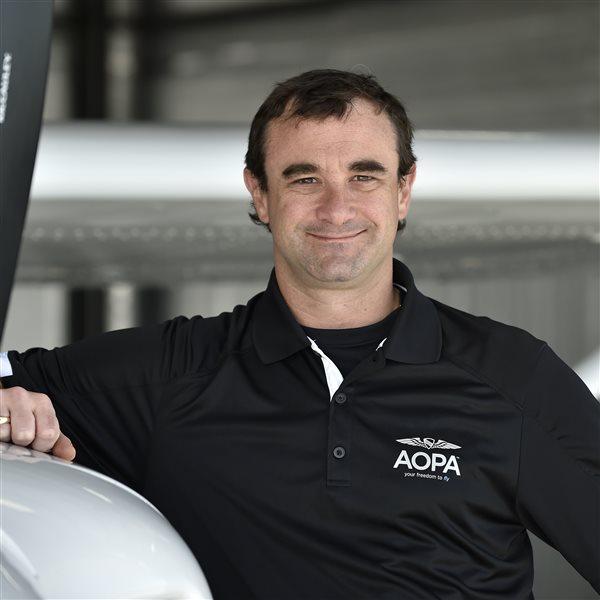NTSB removes GA loss of control from 'Most Wanted List'
Board calls for action on Part 135 safety
The National Transportation Safety Board (NTSB) announced the “2019-2020 Most Wanted List of Transportation and Safety Improvements” during a Feb. 4 press conference in Washington, D.C.
“The 2019 – 2020 Most Wanted List advocates for specific safety recommendations that can and should be implemented during these next two years,” said NTSB Chairman Robert Sumwalt. “It also features broad, longstanding safety issues that still threaten the traveling public.”
The new list calls for an improvement to Part 135 aircraft operational safety. Part 135 operations include air taxis, charters, medical flights, and air tours.
According to an NTSB summary, “Part 135 operators must implement safety management systems that include a flight data monitoring program, and they should mandate controlled flight-into-terrain-avoidance training that addresses current terrain-avoidance warning system technologies.”
Other aviation-related recommendations include reducing fatigue-related accidents, strengthening occupant protection, eliminating distractions, and ending alcohol and drug impairment. With respect to drug impairment, the NTSB is calling for the FAA to require pilots to report their status as an active pilot and provide their flight hours. That proposed requirement would apply only to pilots operating under BasicMed as well as sport, glider, and balloon pilots.
NTSB Vice Chairman and former head of the AOPA Air Safety Institute Bruce Landsberg said recent improvements in GA safety should not be attributed to any single factor. Landsberg laid out a number of reasons he believes GA is safer than ever, including technological advancements, pilots becoming more safety conscious, and improved weather forecasting.



